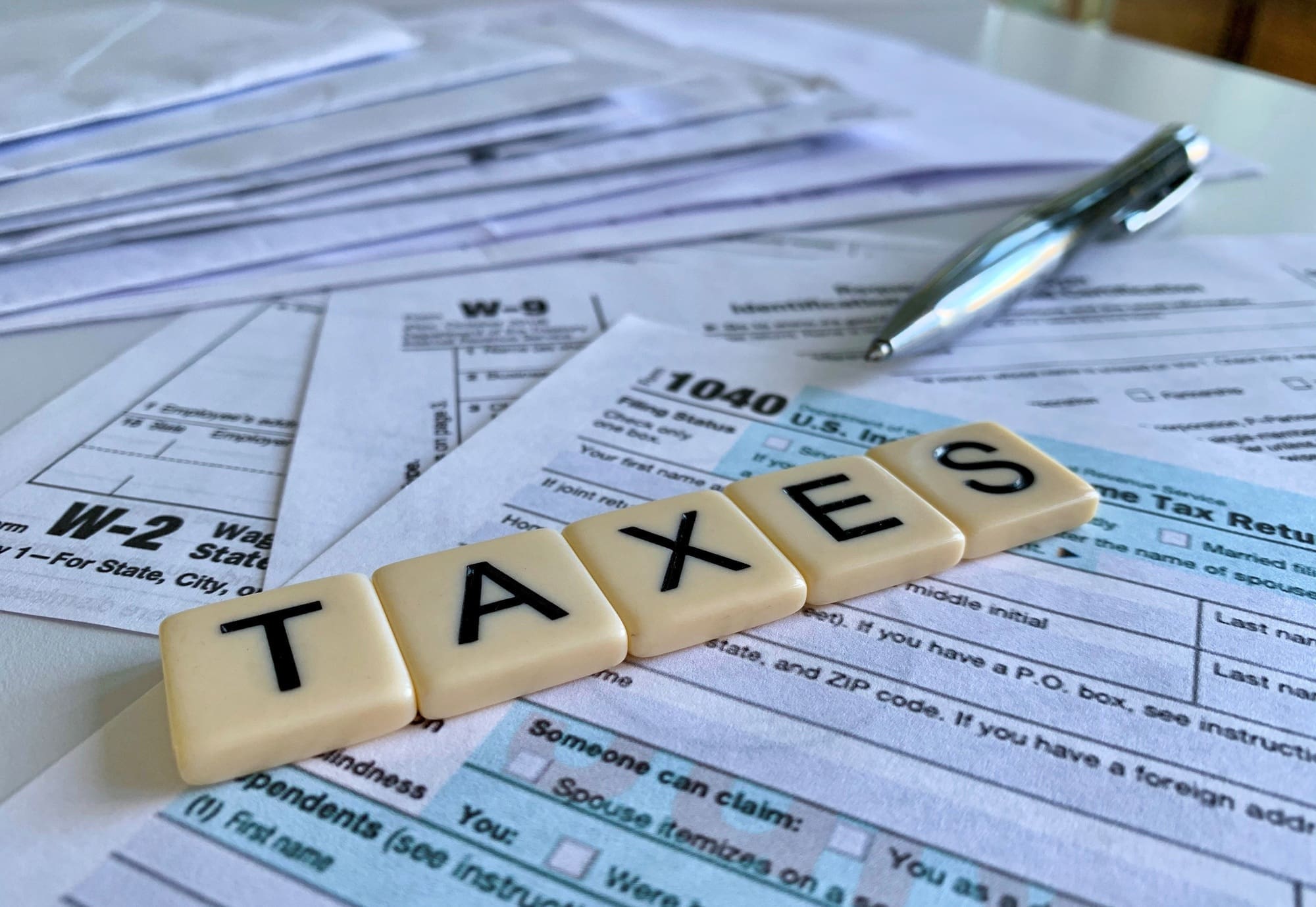The autumn budget has passed without incident despite some flagging up potential seismic changes to inheritance tax and capital gains tax. That is no surprise at all. Any changes on that scale are more likely later in this governments term of office given the issues which need to be understood and grappled with. In the immediate term, inheritance tax revenues are developing very nicely for the government as we see below.
The reform of alcohol duties perhaps demonstrates that the current chancellor does have that crucial mindset that is needed to drive those seismic changes … so, watch this space.
Widening the Inheritance Tax Base
The Office for Budget Responsibility believes that 6.5 per cent of estates will face the 40 per cent death tax burden by 2026 – up from 3.7 per cent last year.
It said it expects the Treasury to be drawing in £7.6billion a year by 2026, an increase on the £6billion this year.
Growing property values mean that a greater number of people are becoming liable for inheritance tax, a trend exacerbated by the nil-rate band – the threshold above which tax must be paid – remaining the same at £325,000 since 2009 without any adjustments to account for inflation.
Increasing Disputes over Inheritance Tax
HM Revenue & Customs investigated 3,574 inheritance tax cases in the 2020/2021 tax year, according to law firm Pinsent Masons. That is a lot!
The revenue from inheritance tax for that year was around £6bn, but due to the complexity involved with inheritance tax, the law firm said that there is “increasing scope for disputes between taxpayers and HMRC.”
These inheritance tax investigations brought in £254m for HM Revenue & Customs.
As people are increasingly choosing to take legal matters in their own hands or taking poorly thought through advice when it comes to inheritance tax, there is a significantly higher chance that fundamental and serious mistakes that could be made, thereby inviting HM Revenue & Customs to open an investigation.
The Red Flags
Pinsent Masons said there are several criteria which will prompt HM Revenue & Customs to investigate a deceased’s person estate and these are worth reflecting on.
These include circumstances where:
- An estate happens to “conveniently” fall below the nil-rate band;
- Valuable assets are not disclosed as part of the probate application;
- Real estate appearing to be “significantly undervalued”;
- Taxpayers making invalid inheritance tax relief claims, and,
- Gifts were made by the deceased within the seven-year period before death.
Many of these cases will involve an absence of any serious planning during the lifetime of the deceased and the above attempts to mitigate inheritance tax late in the day are characterised by desperation. Many equally involve claims for reliefs, particularly business property relief, which are badly flawed as a result of either failing to take advice during lifetime or of indulging with superficial advice. In either case the mischief and manoeuvring is easily spotted by HM Revenue & Customs.
The above numbers indicate that, in spite of the pandemic, HM Revenue & Customs has not shied away from launching investigations into those it believes have underpaid inheritance tax. They will scrutinise a person’s estate where a red flag is raised. You can count on that.
Anyone who knows or suspects they may have underpaid inheritance tax should not wait to be contacted by HM Revenue & Customs. They will look favourably on those who come forward and is likely to suffer hefty penalties.
Stephen Parnham


